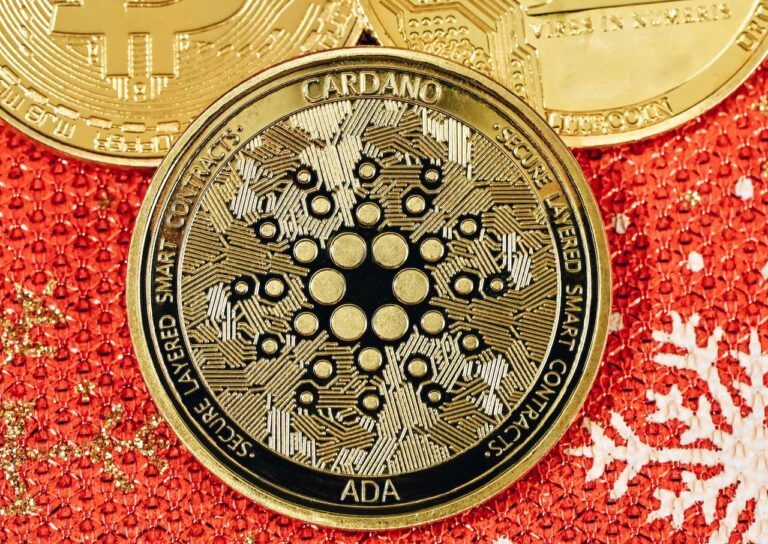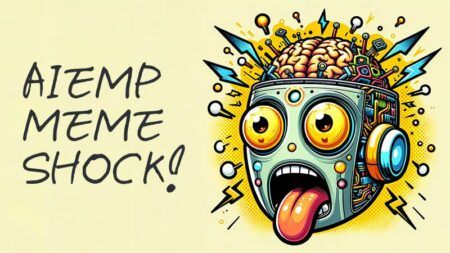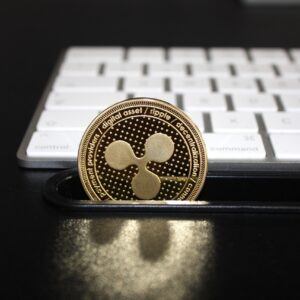Cardano (ADA) has often faced skepticism, with some critics dubbing it a “ghost chain.”
In the context of the blockchain and cryptocurrency world, the term “ghost chain” typically refers to a blockchain that, despite being technically functional and live, has very little actual usage, development activity, or transaction volume. Essentially, it’s a blockchain that exists but is largely inactive or underutilized. The term can be used pejoratively to criticize blockchains that are perceived as lacking genuine utility or adoption, even if they might have a significant market capitalization or public attention.
However, a recent development has prompted a reevaluation of this viewpoint. Alex Valaitis, the Founder of Web3 consulting firm W3T, recently commented on X, highlighting Cardano’s innovative endeavors. He expressed his surprise and appreciation for Cardano’s advancements, especially given its previous “ghost chain” label.
Valaitis’s remarks were prompted by a blog post from the ADAmail team, which unveiled their groundbreaking product This initiative, a joint venture between IAMX and NMKR, aims to seamlessly merge traditional email systems with Web3 capabilities. With ADAmail, users can send emails directly to Cardano Wallet addresses and even access their email accounts by connecting their wallets.
In today’s digital landscape, most crypto-related interactions transpire on platforms like Twitter and Discord. ADAmail seeks to revolutionize this standard by enabling direct wallet-to-wallet communication. This innovation could redefine how project holders engage with verified wallet holders, cultivating a more intimate community connection.
Key features of ADAmail include:
- Direct email dispatch to wallet addresses.
- Wallet-centric email reception.
- Compatibility with popular email clients via SMTP.
- ADAmail accessibility through purchasable NFTs.
- Unique email aliases linked to specific NFT acquisitions.
- Integration with $handle.
The team also hinted at future enhancements, such as:
- Authenticating emails with wallets.
- Merging Decentralized Identifiers (DID) with emails.
- Facilitating transactions via email.
- Mass communication to holders of distinct policy IDs.
- Incorporating decentralized signature solutions similar to platforms like DocuSign and Adobe Sign.
Users can access ADAmail through various product tiers, including the Base Pass, Gold Alias Pass, and the $handle Pass, each offering distinct features and storage limits.
The ADAmail team also teased exclusive perks for NMKR and IAMX token holders, though details remain undisclosed. Following their announcement, the team is set to release the ADAmail logo, official website, and key dates for the pre-sale and launch.
A standout aspect of ADAmail is its commitment to user privacy and identity. Users have the autonomy to select their identification method when accessing their mailbox, be it through anonymity, their name or adahandle, or verified KYC data.
Image Credit
Featured Image by Traxer via Unsplash








